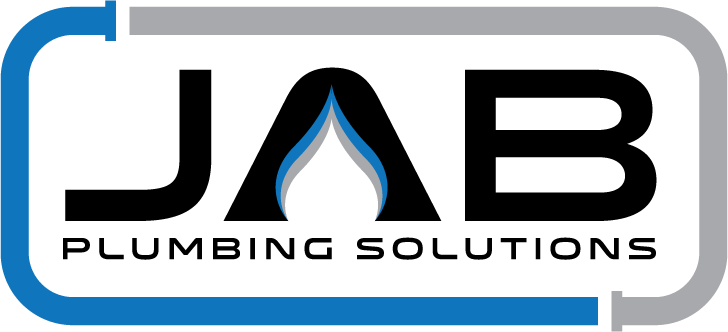There are plenty of preventative measures that can be taken to minimise the risk of drain blockages in your home. As with most things, prevention is the best remedy. If you can avoid a clogged drain you will save yourself time, money, stress and the inconvenience of dealing with a blockage. Furthermore, some clogged drains can be unhygienic and messy too. Below are six simple things you can do to reduce clogged drains and toilets at your property:
Dispose of grease, fats and oil in the garbage bin: Cooking oils and grease are often washed down the kitchen sink without a second thought. Many people are unaware that oils are a major cause of blocked drains. Oil hardens as it cools and acts as a binding agent with other debris in the pipes. As the oil accumulates over the time, the pipe diameter reduces and water flow is restricted - resulting in blocked drains. Instead of pouring oil down the sink, pour it into a heat proof container or jar and dispose of it the bin. Wiping greasy dishes with a paper towel to remove excess grease before washing them is another great preventative measure.
Install drain grates throughout the home: Hardware stores sell different grates for the different drains throughout your home. Drain grates catch debris before it enters the pipes, causing a clog. Drain grates in the kitchen sink can prevent food scraps, toothpicks and cutlery from accidentally going down the sink. In the bathroom, drain grates for the bathtub, sink and shower can catch things like hair. Hair is a major cause of blocked drains in the bathroom.
Don’t treat your toilet like a rubbish bin: People flush all sorts of things down the toilet including sanitary items, condoms, cotton buds, dental floss, hair and even food. Toilets are not designed to work like a garbage disposal. If you want to prevent a clogged toilet, placing these items in a bin will reduce the risk of a blockage. To prevent clogged toilets drains, only flush poo, pee and toilet paper.
Switch to a low-ply toilet paper: Some toilet paper brands promise a thick, plush and comfortable wipe. What they don’t advertise is that thicker toilet paper is more likely to cause a toilet clog. If you can’t fathom switching to low-ply, make sure you don’t use too much toilet paper in one sitting. Sometimes a single flush doesn’t have enough force to wash down large amount of heavy-duty thick-ply. Another tip is to flush half-way through and again at the end.
Routine drain cleaning: Even if you are vigilant about what gets washed down the drain and toilet, clogs can still occur. Regular drain cleaning (either annual or bi-annual) will maintain the health of your drains, improve the longevity of pipes and radically reduce the instance of blocked drains. Jet blasting is a fast and effective method of cleaning plumbing pipes. A high-pressured jet of water is sent down the line, flushing the pipes clean and removing practically any sediment.
Avoid flushing wet-wipes: Wet-wipes are causing carnage around the world. Consumers are purchasing disposable wet-wipes for many purposes including cleaning, make-up removers, polishing and as a toilet paper alternative. Some companies even sell “flushable” wet-wipes. Water companies and plumbers have spent the last few years fishing a plethora of wet-wipes out of blocked drains. When wipes combine with grease, they turn into thick impenetrable clumps called fatbergs. If you choose to use disposable wipes, make sure you place them in the bin.
Call Sydney’s blocked drain experts
If you have a blocked drain, blocked toilet or blocked sewer at your Sydney property call JAB Plumbing Solutions. We are experts in the field of drainage and carry the latest industry tools to repair, replace or clean you blocked drains. For an obligation free quote, call our friendly team today on 1800 225 552.
RELATED ARTICLES:







